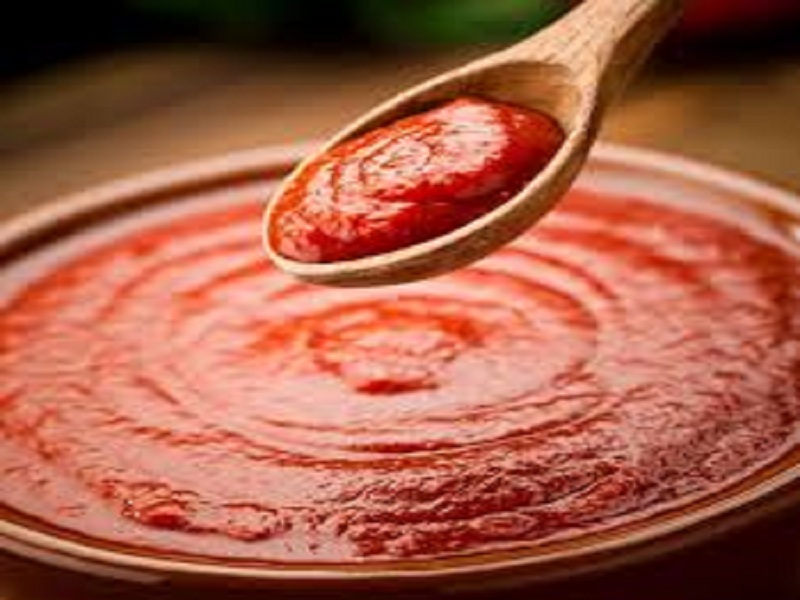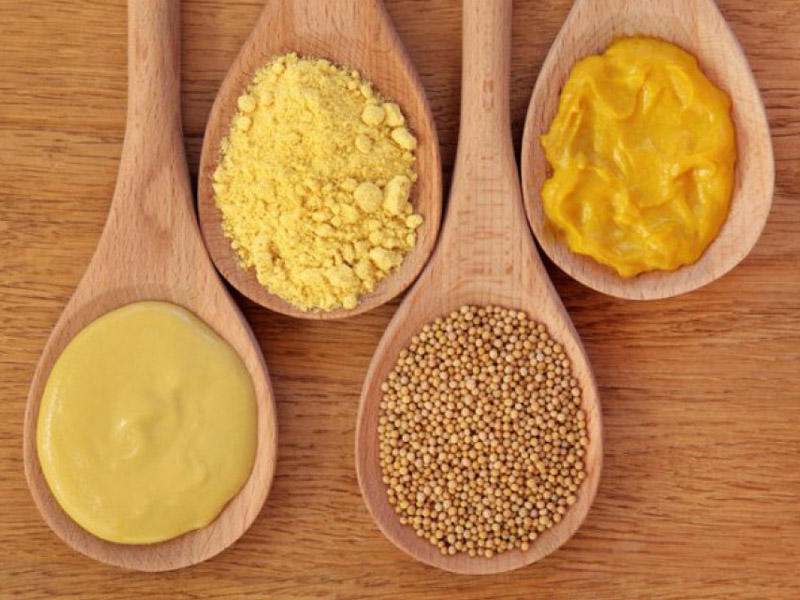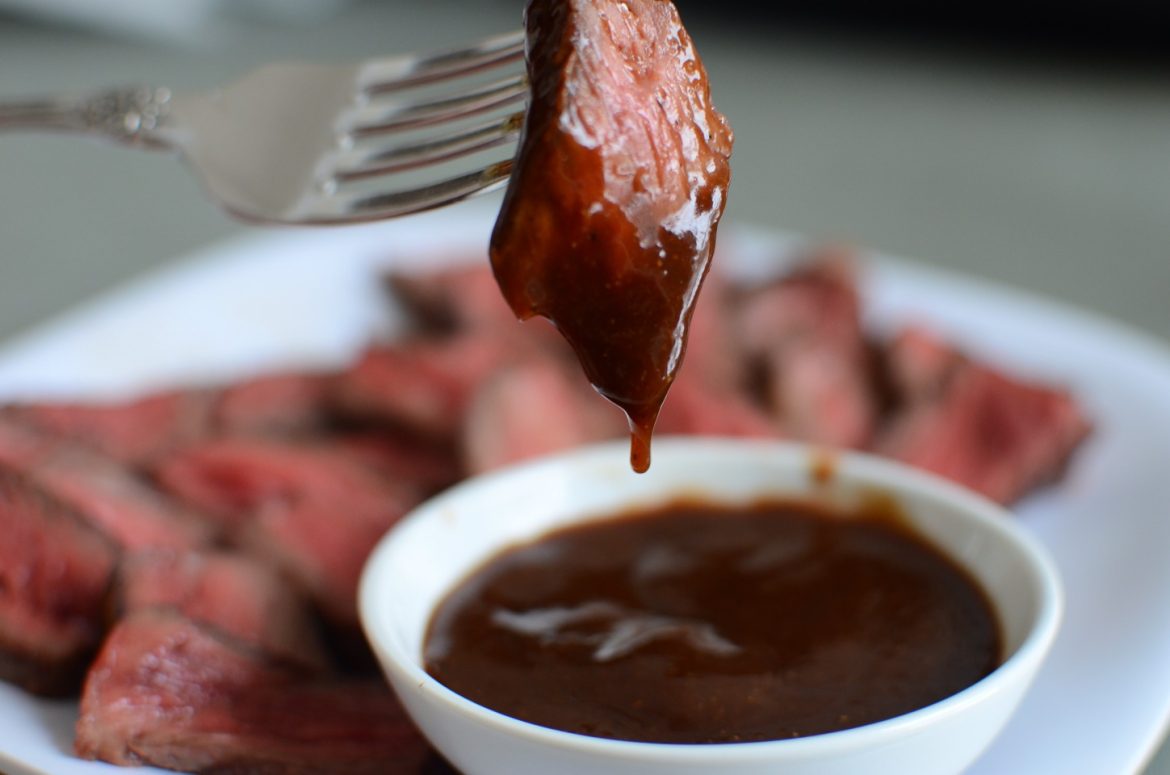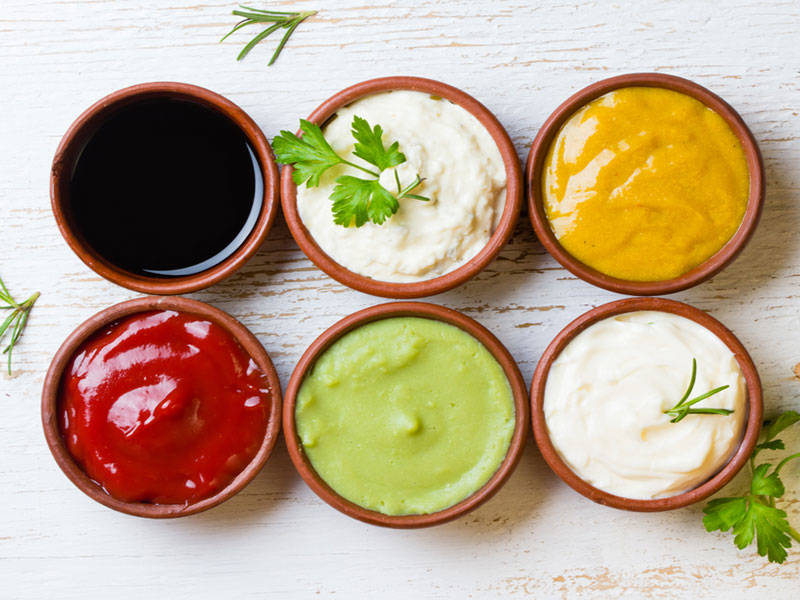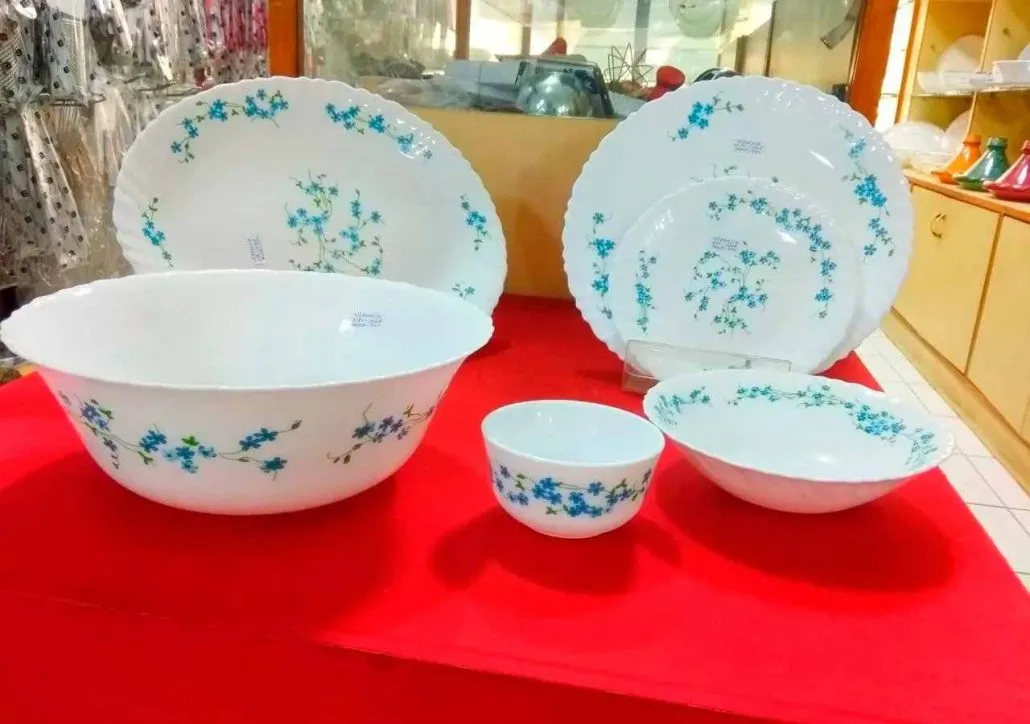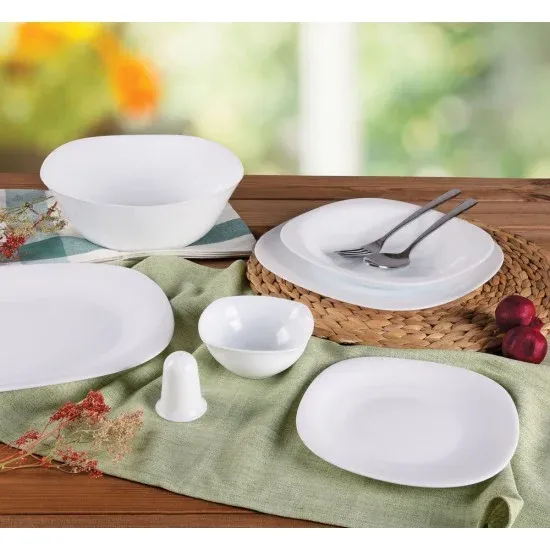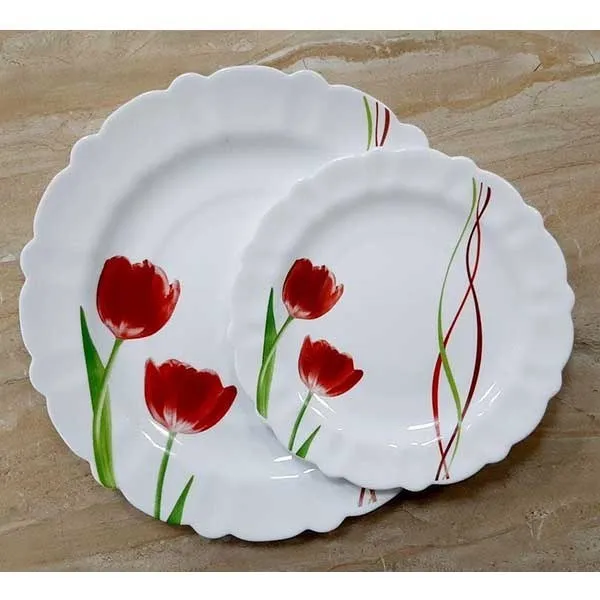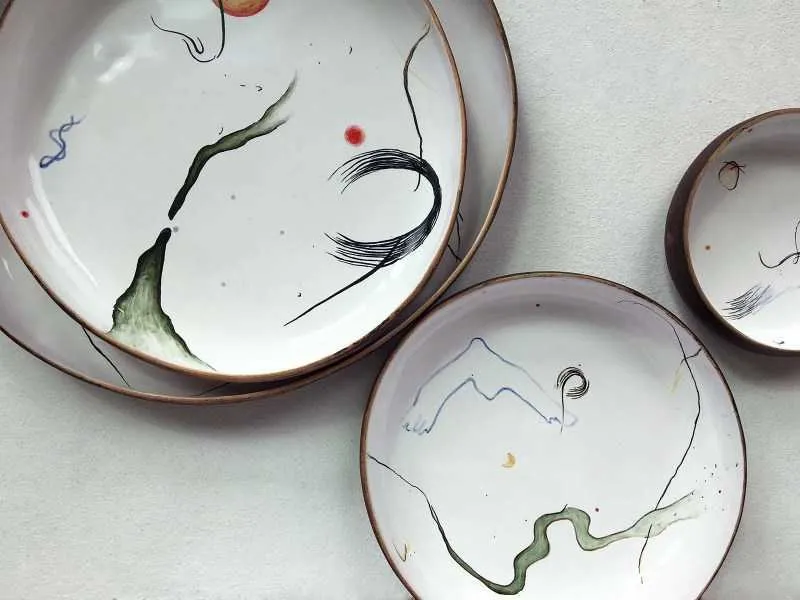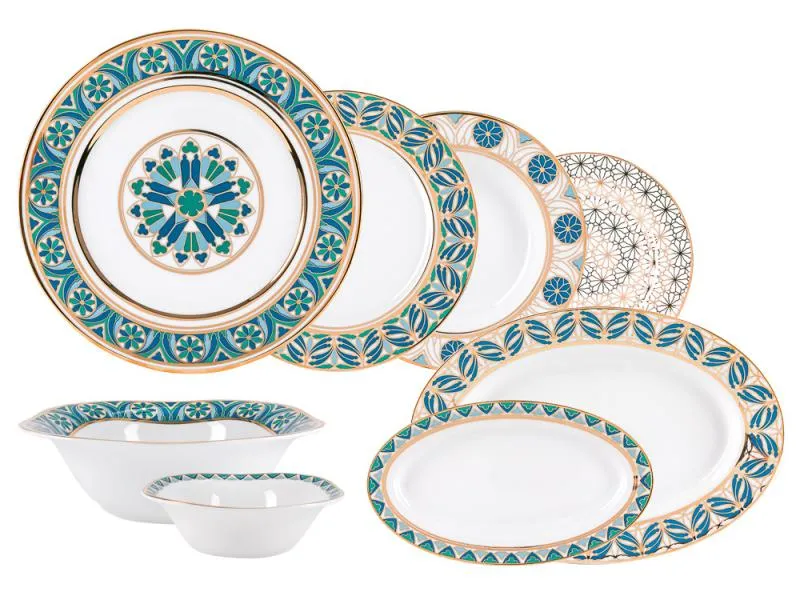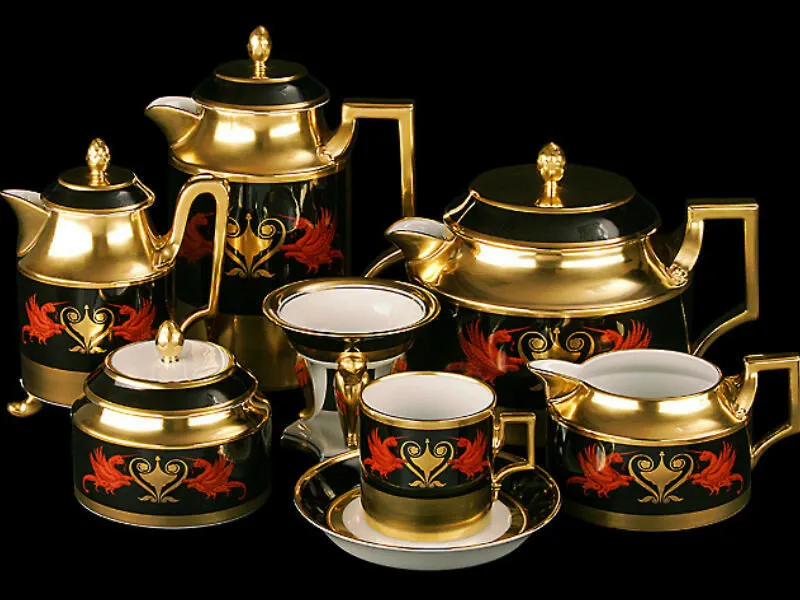Which is Right for You?
When it comes to selecting dinnerware for your business or personal use, glass and porcelain are two popular options to consider. Both materials have their own unique qualities and offer distinct advantages. In this article, we will compare glass and porcelain dinnerware to help you make an informed decision.
Discussing Glass vs Porcelain Dinnerware
Glass dinnerware is made from a non-porous material that is transparent or translucent. It often features smooth surfaces and is known for its elegant and contemporary appearance. Glassware is available in a variety of sizes, shapes, and colors, providing a wide range of options to suit different table settings.
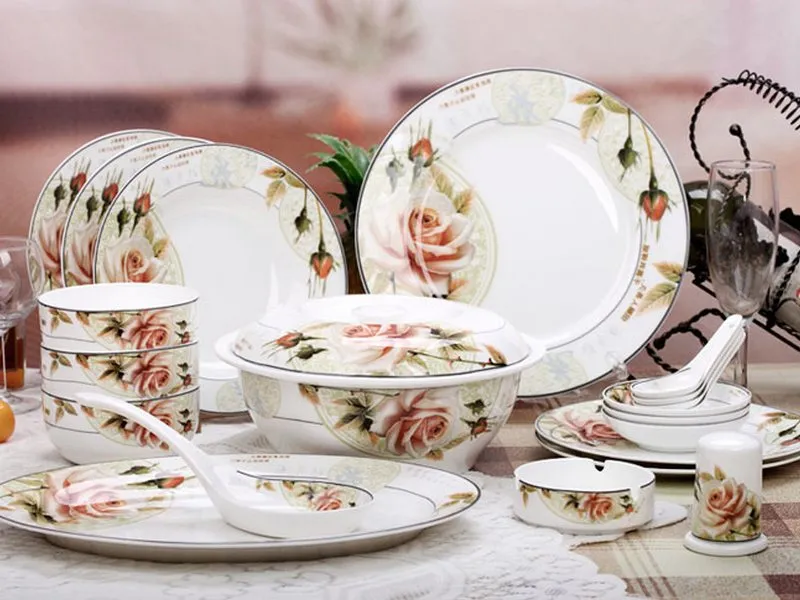
On the other hand, porcelain dinnerware is made from a fine-particle clay fired at high temperatures, resulting in a durable and chip-resistant product. Porcelain dinnerware often has a more classic and formal look compared to glassware. It is commonly used in fine dining establishments and elegant events.
When it comes to functionality, both glass and porcelain dinnerware can be used in the oven, microwave, and dishwasher. However, it is important to note that certain glassware may not be suitable for extreme temperature changes, so it is necessary to check the manufacturer’s instructions.
Buying Glass vs Porcelain Dinnerware
When deciding whether to purchase glass or porcelain dinnerware, there are a few factors to consider. Firstly, think about the intended use and the atmosphere you want to create. Glass dinnerware can offer a more modern and casual feel, whereas porcelain dinnerware tends to create a more formal and traditional ambiance.
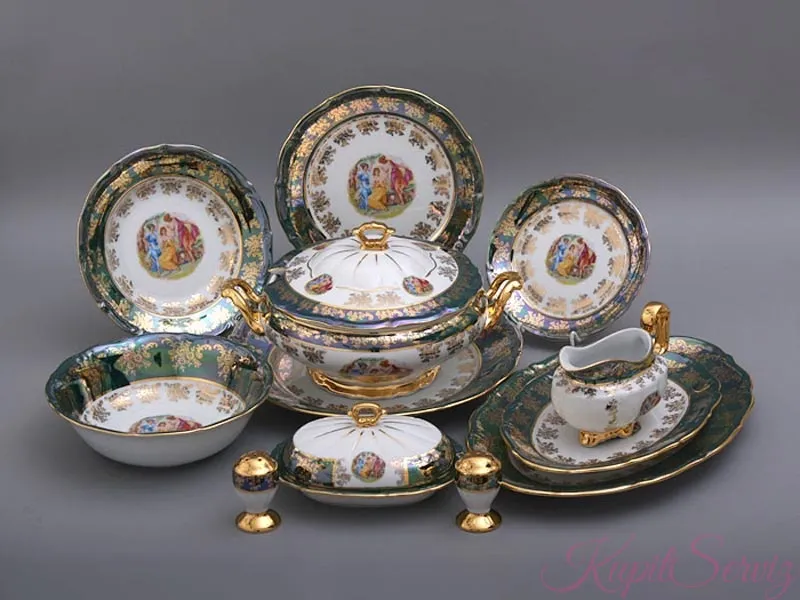
The durability of the dinnerware is another important consideration. While glassware is generally prone to breakage, it is worth noting that some manufacturers produce tempered glass dinnerware that is more resistant to impact. On the other hand, porcelain is known for its high resistance to chipping and cracking, making it a reliable choice for long-term use.
The weight of the dinnerware should also be taken into account. Glass dinnerware is often lighter than porcelain, making it easier to handle and stack. This can be particularly advantageous in busy commercial kitchens or when serving large groups of people.
Price of Glass vs Porcelain Dinnerware
The price of dinnerware can vary depending on the brand, design, and quality. Generally, glass dinnerware is more affordable compared to porcelain dinnerware. This is because the manufacturing process of porcelain requires higher temperatures and involves additional steps, leading to a higher cost.
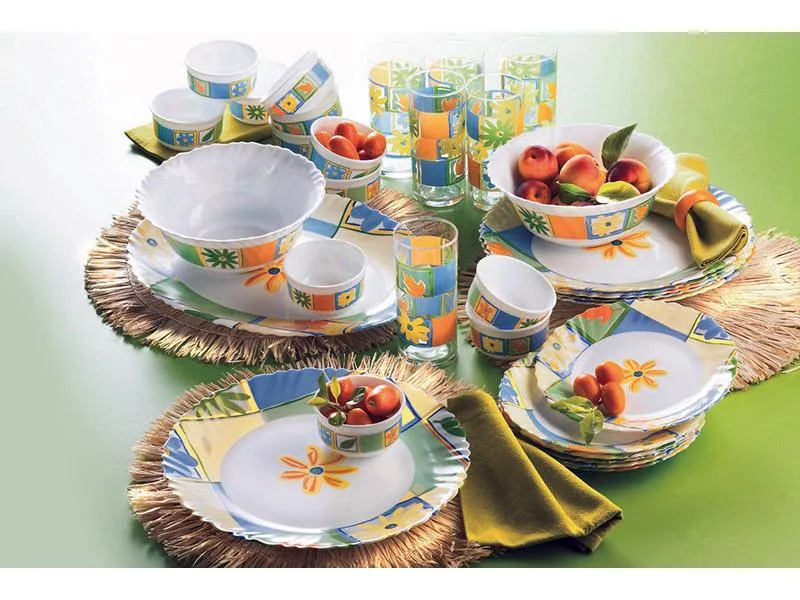
However, it is important to consider the long-term investment. Porcelain dinnerware is highly durable and can withstand heavy use, making it a cost-effective choice in the long run. Glassware, while more affordable initially, may need to be replaced more frequently due to breakage. Therefore, it is worth evaluating your specific needs and expectations before making a decision based solely on price.
In conclusion, when considering glass vs porcelain dinnerware, it is important to weigh the pros and cons of each material. Glass dinnerware offers a contemporary and versatile look, while porcelain dinnerware exudes a more formal and traditional elegance. Factors such as durability, usability, and price should also be taken into account. Ultimately, the choice between glass and porcelain dinnerware will depend on your personal preference, intended use, and budget.Another aspect to consider when choosing between glass and porcelain dinnerware is the maintenance and care required for each material.
Glass dinnerware is generally easy to clean as it is non-porous, which means that food and liquids are less likely to stain or stick to the surface. Most glassware can be safely washed in the dishwasher, making it convenient for busy households or commercial establishments. However, it is important to handle glassware with care, as it can chip or break if mishandled. Additionally, some glass dinnerware may be prone to scratching, so it is best to avoid using abrasive sponges or harsh cleaning agents.
Porcelain dinnerware, on the other hand, is also quite easy to clean. Porcelain is naturally resistant to staining and retains its smooth surface even after repeated use. Most porcelain dinnerware is dishwasher-safe, but it is recommended to use gentle cycles and mild dishwasher detergent to maintain its longevity. Handwashing with a soft sponge and mild soap is also a viable option for those who prefer a more hands-on approach. It is important to note that while porcelain dinnerware is durable, it is not immune to breakage, so it should be handled with care and stored properly to avoid accidental damage.

In terms of aesthetics, glass and porcelain dinnerware offer different visual effects. Glassware can enhance the presentation of the food, as it allows for a clear view of the dish from all angles. The transparent or translucent nature of glass can make the colors of the food pop. Porcelain dinnerware, on the other hand, often comes in a wider variety of designs and patterns. From intricate floral motifs to minimalist modern designs, porcelain dinnerware can add a touch of elegance and sophistication to any table setting.
Finally, another consideration when choosing between glass and porcelain dinnerware is the environmental impact. Glass is a recyclable material that can be reused or repurposed, making it a more sustainable option. Porcelain, on the other hand, is not as easily recyclable due to its composition. However, porcelain dinnerware is known for its long-lasting durability, which means that it won’t need to be replaced as frequently as glassware. This can help reduce overall waste in the long run.
In summary, the choice between glass and porcelain dinnerware comes down to personal preferences, usage requirements, and budgetary considerations. Glass dinnerware offers a modern and versatile look, while porcelain dinnerware exudes a more formal and traditional elegance. Factors such as durability, ease of maintenance, aesthetics, and environmental impact should all be taken into account when making a decision. Ultimately, the right choice will depend on your individual needs and preferences, whether you are a commercial establishment looking for durable and sophisticated dinnerware or a home cook seeking a contemporary and stylish presentation for your meals.
